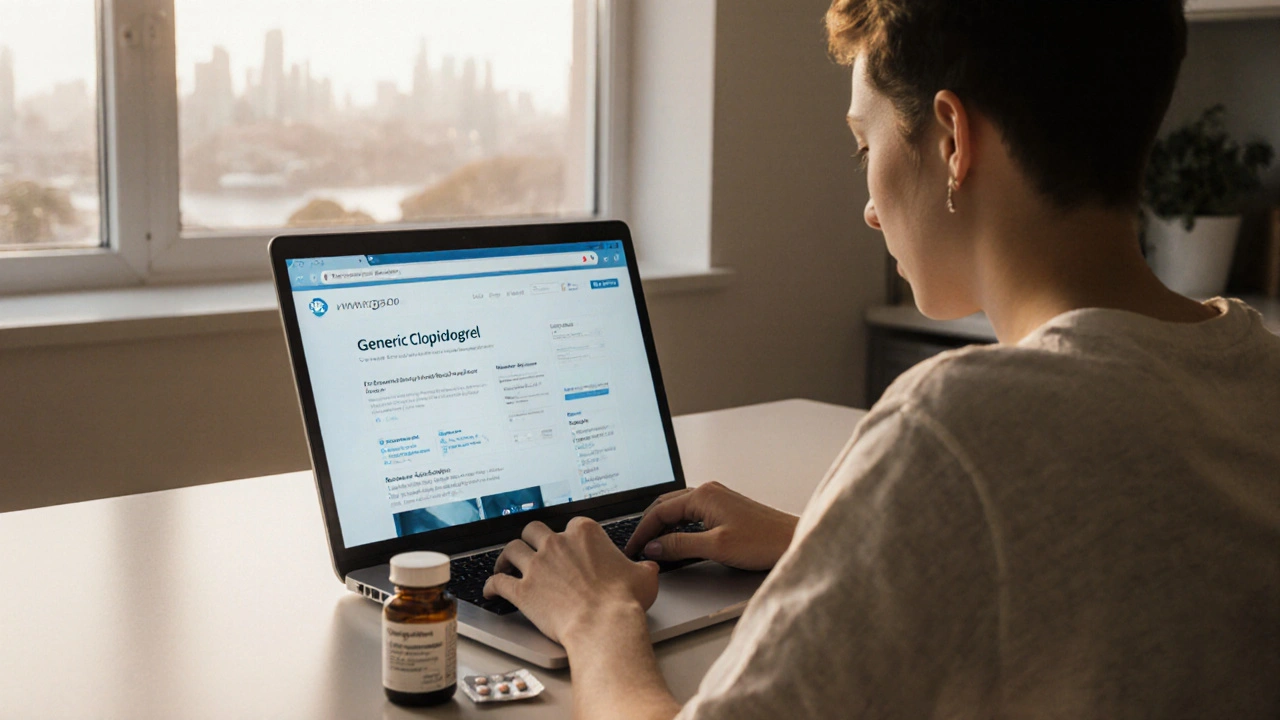Generic Antiplatelet Drugs: Essential Guide and Practical Insights
When dealing with generic antiplatelet drugs, medications that stop platelets from clumping together to form clots. Also known as platelet inhibitors, they are a cornerstone in preventing heart attacks and strokes. These medicines act on the blood’s clotting system, so they are often prescribed after a heart attack, during a stent placement, or for people with peripheral artery disease. The core idea is simple: keep the tiny cell fragments called platelets from sticking to each other, which reduces the chance of a dangerous blockage. That principle ties directly to the broader goal of thrombosis prevention—a key concern for anyone at risk of cardiovascular events.
Key Players and How They Differ
Among the most common agents are aspirin, a low‑dose pain reliever that irreversibly blocks an enzyme called COX‑1, clopidogrel, a thienopyridine that prevents ADP‑mediated platelet activation, and ticagrelor, a reversible P2Y12 inhibitor that works faster than clopidogrel. Each drug targets a different step in the clotting cascade, which means the choice depends on the patient’s health profile, other medicines, and how quickly the effect is needed. For example, aspirin is cheap and widely used for long‑term prevention, while ticagrelor is preferred when rapid, strong inhibition is required after an acute coronary syndrome.
Choosing the right agent also involves understanding the underlying condition. People with atrial fibrillation often need a combination of anticoagulants and antiplatelets, whereas someone with a recent stent might stay on dual therapy (aspirin plus a P2Y12 inhibitor) for a set period. The therapy’s success hinges on proper dosing: too low and clot risk remains; too high and bleeding risk spikes. That's why clinicians monitor platelet function tests and watch for signs like unexplained bruising or gastrointestinal bleeding.
Side effects are a real part of the picture. The most common issue is increased bleeding, ranging from easy nosebleeds to serious internal hemorrhage. Patients should be educated to report any unusual bleeding, and doctors may adjust the dose or switch agents if problems arise. Drug interactions matter, too—non‑steroidal anti‑inflammatory drugs (NSAIDs) can amplify aspirin’s effect, while certain antibiotics can raise clopidogrel levels.
In the sections below you’ll find articles that dig deeper into specific drugs, dosing strategies, risk management, and patient stories. Whether you’re a patient looking for clear answers or a health‑care professional needing a quick refresher, this collection gives practical, up‑to‑date guidance on everything you need to know about generic antiplatelet therapy.

